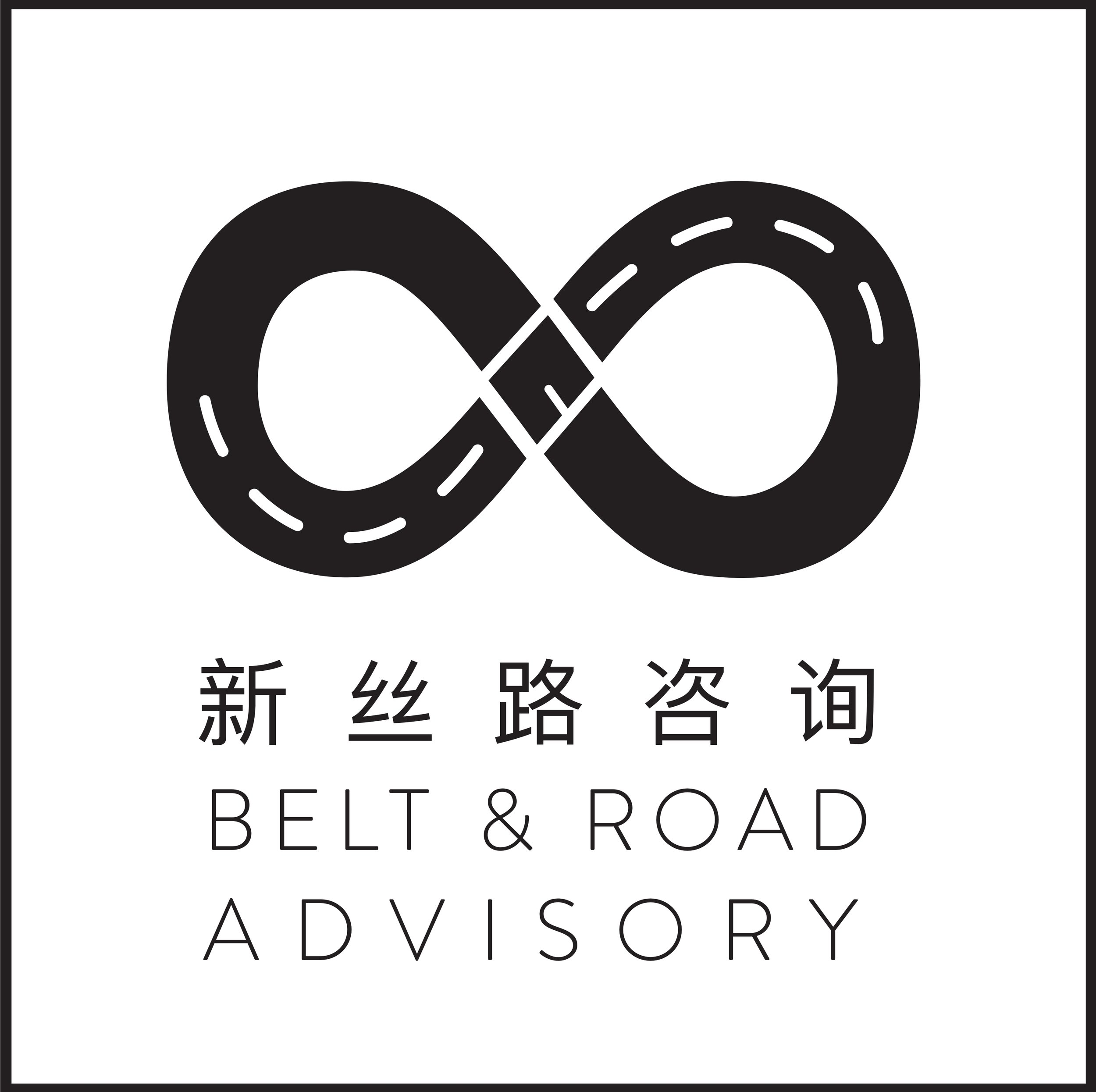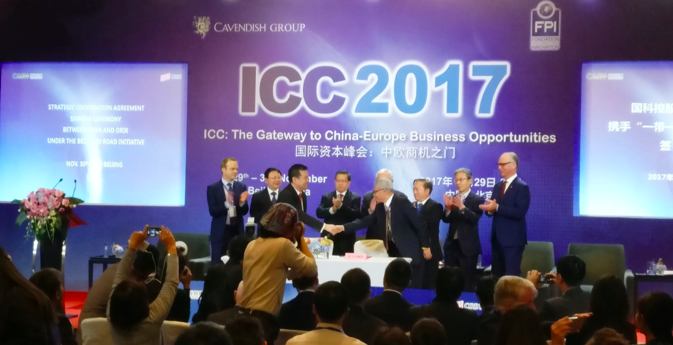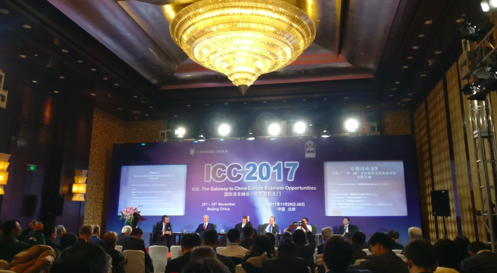8th International Capital Conference (Leading China-Europe Business Event) - 5 Key Insights
On 29 and 30 November, we attended the 8thInternational Capital Conference (ICC) – the leading China-Europe business event. The 8th edition dubbed “ICC: The Gateway to China-Europe Business Opportunities” focused on China and Europe business collaboration along the Belt and Road Initiative (BRI). For a complete list of speakers click here.
Screen Shot 2017-12-02 at 22.41.50
Here are our five key takeaways:
Trust building is essential to BRI’s success
Building trust is essential for a meaningful engagement between China and Europe under the BRI framework. This was a recurring theme brought up by both European and Chinese speakers. Distrust, fuelled by political and cultural differences, persists to the detriment of the BRI. As emphasised by former French Prime Minister Jean-Pierre Raffarin, it is "a challenge to communicate BRI - a long-term strategy - to short-term focused European countries".
An issue that alarms both European politicians and businessmen is the close link between Chinese politics and business. The former fear China’s strategic agenda, the latter that Chinese companies may pursue political rather than economic logic. Mitigating these doubts takes trust, yet establishing trust requires time. China has to give its partners time to become accustomed to the galloping pace of BRI. Overreach and haste are only likely to result in backlash; for example, Germany’s and the EU’s security concerns after an unprecedented flurry of Chinese investments across Europe in 2016. Hence, without building trust and pursuing reciprocity, the world’s excitement for BRI may well turn to uneasiness over China’s ambitions.
Proceed with caution
Bad investment stories tend to be more visible than good ones, as emphasised by Dick Sluimers, Extraordinary State Counsellor of Netherlands. Therefore, Belt and Road needs to proceed gradually, and ensure the early projects score convincing wins. In the words of Matthew De Morgan (CEO, Duferco), “success will breed success if the first few projects are done right”, and will help to dispel any negative perceptions of the BRI. Deals should not be pursued too aggressively, and the appropriate due diligence must always be carried out. Steve Howard, International Advisor to the Asian Infrastructure Investment Bank, remarked that the AIIB – even with its thorough and rigorous investment process – is having great difficulties finding suitable private sector projects. Hence, for now, quality of projects is more important than quantity.
The future is green
Given the retreat of the United States, it was stressed that environmental cooperation could become a bedrock for collaboration between China and Europe. Charles Liu, Chairman of Hao International, noted that, for the first time in 30 years, the phrase: “economic construction is the central task” was not mentioned during the Party Congress. Moreover, the new principle contradiction facing China is that “between unbalanced and inadequate development and the people's ever-growing needs for a better life". The inferences from these shifts in rhetoric at the Party Congress show that China will no longer blindly pursue GDP growth, but instead the emphasis will shift towards the quality of growth and environmental preservation. Given that the EU is already the world leader in terms of environmental standards and food safety, it makes sense to cooperate in this field.
The Chinese Academy of Social Holdings (CASH) suggested the development of new fuels, such as methanol, could be a key source of collaboration between China and Europe. For example, CASH will soon launch the “Green Development Fund of Funds” in an attempt to attract environmental R&D to China – and European investors are key targets.
China will lead the Fourth Industrial Revolution
The next Industrial Revolution is set to be powered by RAID (Robots, Artificial Intelligence, Internet of Things, and Data). While the United States remains the leader in the development of these technologies, Mark Beilby (Chairman, Meeto) argued that China’s societal embrace of these technologies (for example, rapid adoption rates of WeChat, Alipay, bike-sharing and food delivery apps) will allow it to become the leading country for the usage of these RAID technologies. Increasingly it will make sense for countries to conduct their R&D in China given the proximity to the end-user, and hence China will slowly begin to bridge its R&D gap.
European investors want to get involved
European institutional investors, both private and public (e.g. the European Investment Bank), are keen to participate in Belt & Road infrastructure projects, however, it is difficult for them to gain access as things stand. Jurgen Gerke, CEO of Allianz Capital Partners (a large investor with close to EUR 20 billion under management) spoke about the need for a platform that helps to facilitate public-private partnerships. Whilst some private sector players do not have the investment horizons suitable for long-term infrastructure projects, others are sufficiently patient. For example, the average duration of an Allianz infrastructure asset is 45 years. Given that the Chinese state has limited financing capabilities, tapping into these pools of external financing will help push the BRI to new heights. The need to involve a wider number of stakeholders in BRI was also a recurring theme, with Jense Eskelund (Managing Director, Maersk China) noting that BRI is likely to encounter significant difficulties if it is seen as a top-down and unidirectional initiative.


